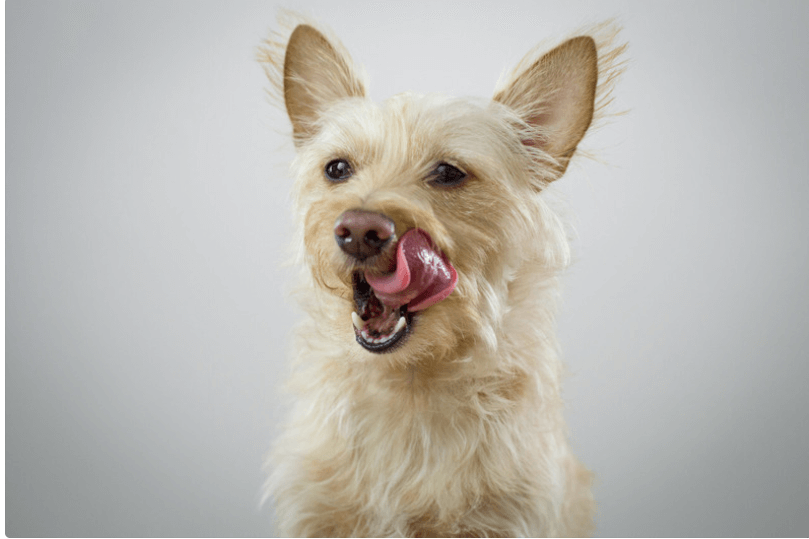

With a confusing array of pet foods, both in veterinary stores and grocery stores, plus new dietary trends bombarding us online, how can we be sure we’re covering all bases when it comes to our pets’ nutritional needs?
These are our top tips to help you to ask the right questions about your chosen pet food brand or dietary approach.
1. Is It Backed By Scientific Research?
The brand or type of diet you opt for should have the backing of peer-reviewed veterinary nutrition studies and, ideally, be supported by generations of healthy dogs and cats who have thrived on it, rather than on popular opinion.
2. Does It Meet My Pets Nutritional Requirements Completely?
There is no “one size/age fits all” diet that will provide optimum nutrition and careful consideration needs to be taken when choosing the most suitable diet for each individual.
Pets in various life-stages and with differing activity levels have specific requirements in terms of amino acids, fats and carbohydrate digestibility, as well as other nutrients.
Growing pups and kittens need more calories, as well as a vitamin and mineral profile that supports their developing bodies and immune-system. DHA, an essential fatty acid, is also added to certain veterinary-recommended premium diets, as it’s proven to aid in brain-development and trainability of young animals.
Toy breed dogs have tiny tummies, so their food should be nutrient dense and fed in regular small meals to meet their energy requirements.
Excess weight in pets is always a health concern and those animals that are overweight (or have a tendency to be) should be fed a diet that is restricted in calories, yet still supports their nutritional needs.
Older animals and large dog breeds benefit from a diet that includes joint support.
3. Is It Safe To Feed?
Does the brand you’re looking at go through rigorous testing (both of the raw ingredients and throughout production) and does it offer a customer guarantee on both quality and palatability? Is there a customer care line or advisory service you can contact with any questions about the food or its safety? Or, if you’re feeding RMBD (Raw Meat-Based Diet), or home-cooking, can you guarantee the safety of the ingredients you’re using?
4. What About Dental Care?
Brushing our pets’ teeth is still the best way to care for their oral health but if we aren’t doing this, it’s vitally important that we feed a diet that provides dental care. This may take the form of a mechanical aspect – the kibbles have a “brushing” effect as they’re crunched and this helps remove plaque. Other diets include a polyphosphate coating, which activates on contact with saliva and coats the teeth to prevent calcium solids attaching and forming plaque.
5. What’s In The Food?
Your chosen brand should preferably feature an animal protein as the first ingredient, or at least in the top three ingredients listed. Look for diets that specify the protein source (eg. chicken and turkey), as opposed to using terms like “meat and meat derivatives”. In the latter case the product doesn’t have a fixed recipe and that the manufacturer can speculate on which protein happens to be the cheapest at the point of purchase. This could result in tummy upsets due to changes in formulation and consistency from batch to batch.
Look out for products that use natural preservatives like Vitamin E. Pet food should not contain artificial colours and flavourings as they add no nutritional value.
As Nature Intended?
Consult with your vet before considering Raw feeding, home-cooking or vegan/vegetarian options for your pet. Meat protein is vital for dogs and cats to thrive. The extensive research aside, one look at their dentition and intestinal tract shows that they are best suited to a carnivorous diet.
That said, feeding a Raw Meat Based Diet to domesticated animals, unless you’re working with a veterinary nutritionist to ensure this diet is balanced, could do more damage than good. Apart from the risk of suffering nutritional deficiencies, if the stringent hygiene protocols required for correctly managing such a diet are not adhered to, your pet is at risk of contracting a bacterial or parasite infection (pets who are not affected by disease causing micro-organisms can also pass it on to us, especially babies, elderly people and immunosuppressed people).
Vegetarianism and veganism are growing in popularity as human nutritional lifestyles. BUT! To impose such a lifestyle choice on an animal that is built to consume meat and thrives best on a meat-based diet, is a questionable decision, especially for cats. Nutritional deficiencies resulting from feeding cats a non-animal-protein diet can lead to blindness, heart failure and even death and will probably not meet a dog’s requirements either, over time.


Veterinary recommended premium diets are the safest choice in nutrition for your pet. They’re extensively researched and packed with everything your pet needs to thrive. Their manufacturing process and the quality of the end product are tightly regulated and this gives pet-parents the peace of mind that they are providing their dog or cat with the safest and most complete nutrition possible.
Pets suffering from specific disease processes can benefit from specific Veterinary Diets, such as diets for kidney disease, urinary tract disease, intestinal or pancreatic disease, joint disease, allergies (both food allergies and environmental allergies), obesity, diabetes etc.
At Cronulla Vet Clinic, we can help you choose the best diet for your furry family member at different stages in their life – let us know how we can help.
